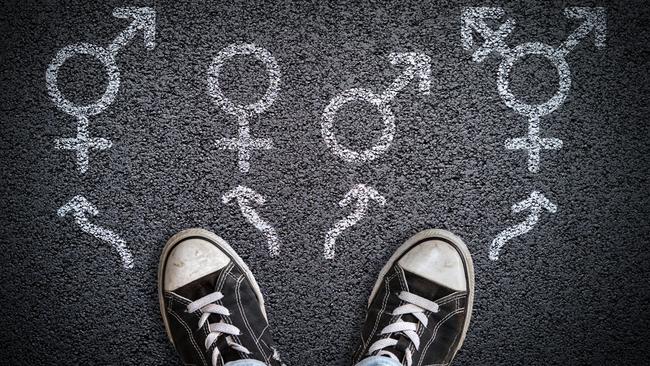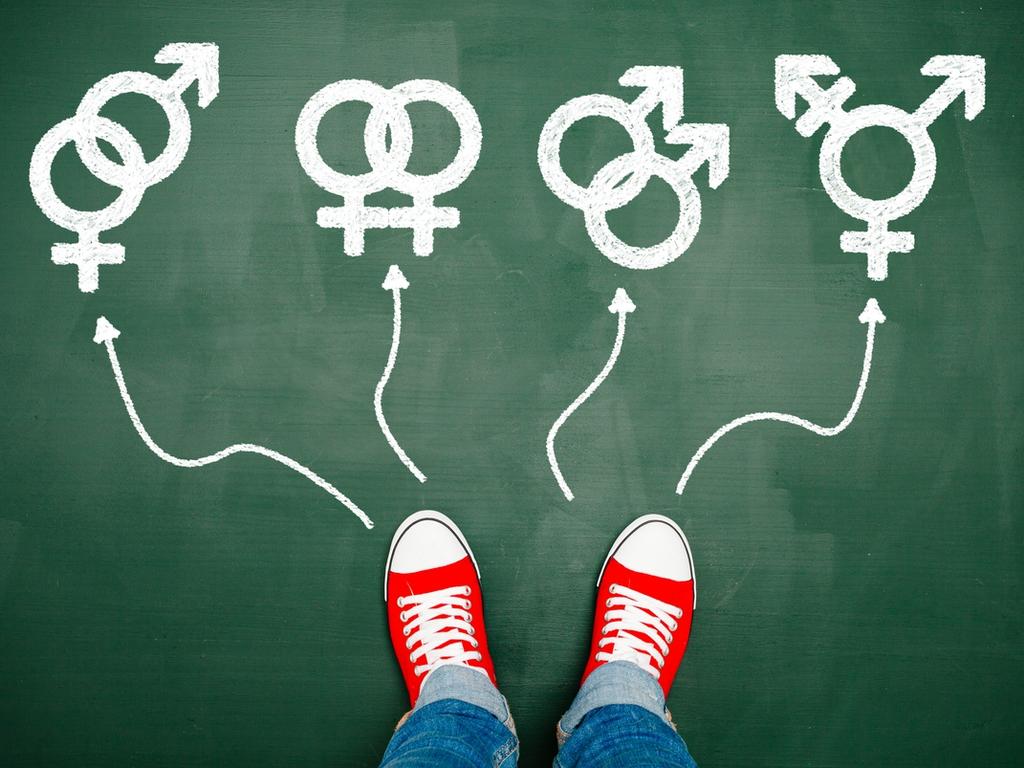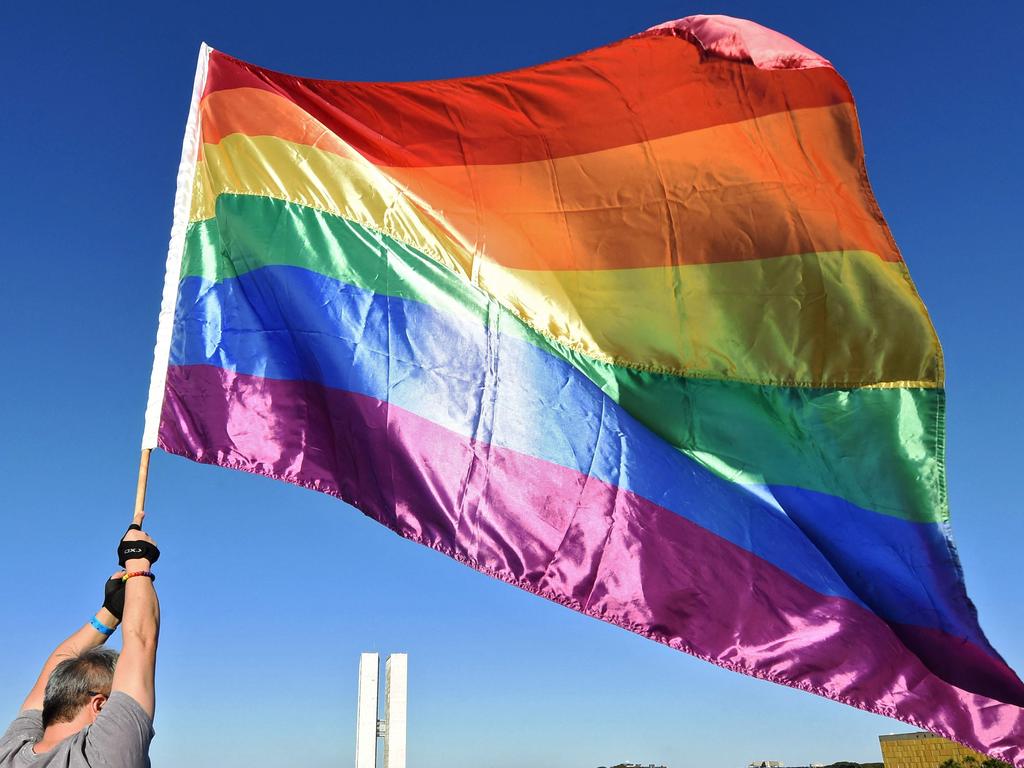Library staff advised to check in about preferred pronouns
Library staff should use non-gendered greetings and check in with children about their preferred pronouns, according to new taxpayer-funded guidance for Victorian public libraries.

Library staff should use non-gendered greetings and check in with children about their preferred pronouns, according to new taxpayer-funded guidance for Victorian public libraries.
“It is also important to recognise that, especially for young people, gender identity and sexuality can shift or evolve over time,” the Rainbow Libraries Toolkit reads.
“Even if you are familiar with a child, teenager, parent or other individual, leave room for them to express a change in their identity.
“Checking in casually about their pronouns (‘Do you still prefer he/him pronouns?’; ‘Do you still go by Sam, or is there something else you’d like me to use?’) can let a young person in particular know you are safe, accepting and flexible and that, by extension, so is the library.”
The toolkit, for which the Victorian government paid $14,020, also advises staff to avoid using gendered language, like “sir” or “ma’am” and refrain from making assumptions about children’s family structures and suggests staff wear and offer patrons pronoun badges.
The guidance was introduced to address the need for “better information and training to support public library staff to welcome LGBTIQA+ families into public libraries, following a rise in the vilification of LGBTIQA+ communities and targeting of LGBTIQA+ inclusive events, including drag story time events for rainbow young people held at libraries”, the government said in its press release.
“... the toolkit provides guidance for staff on topics including planning for inclusive library events, making library spaces visibly inclusive and how book collections can better meet the needs of diverse rainbow communities across Victoria.”
The document also provides guidance on dealing with backlash from displaying LGBTIQA+ collections and includes risk mitigation strategies for events.
It says having safety and security front of mind is “essential” when planning drag story times “because they have been selected as a target by conservatives and other groups”.
The toolkit, which was created by a cross-library working group, is based on lived experience, academic research and survey responses from public library staff, as well as from a community survey with responses from 156 people from LGBTIQA+ families.
Some 85 per cent of respondents said it was extremely important that their local library used inclusive language, for example gender-neutral pronouns, and made no assumptions about family structure.





To join the conversation, please log in. Don't have an account? Register
Join the conversation, you are commenting as Logout